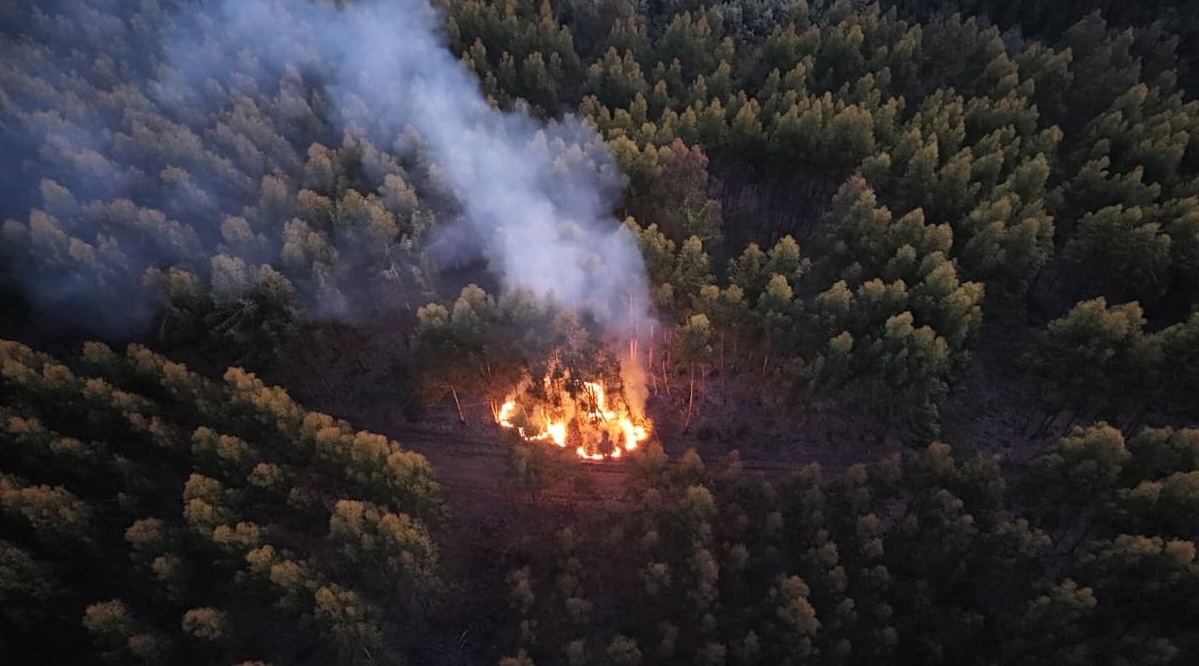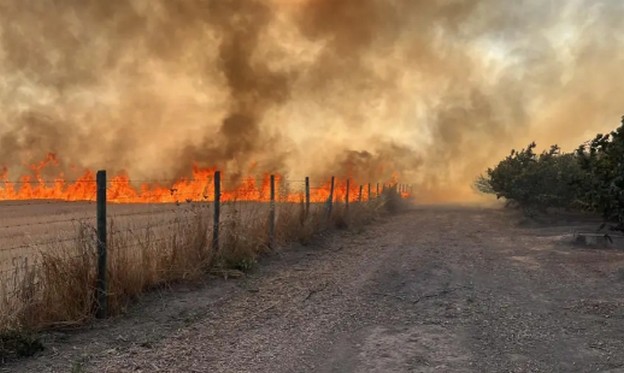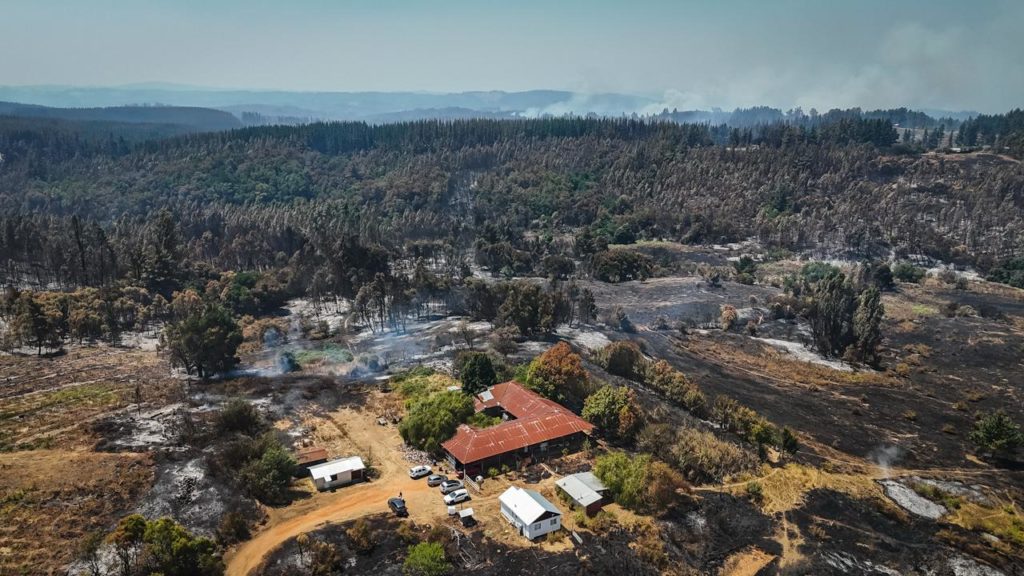The forestry sector expressed concern about the impact that the ten percent tariff rate, which took effect today for Chilean products entering the U.S. market, will have on the national economy.
U.S. President Donald Trump has imposed tariff rates on various countries worldwide, and in this context, the Chilean forestry industry will be affected because a 10% tariff on imports of softwood and sawn timber, plus a 25% tariff on manufactured wood products, has come into effect. The Chilean wood corporation, Corma, indicated that this measure adopted by the U.S. government creates uncertainty regarding exports. There will also be damage to the local economy.
The Association of Forestry Contractors (Acoforag) stated that this measure by the U.S. government will affect employment, especially in the timber regions of the central and southern parts of the country.
René Muñoz, manager and trade union representative of this association, indicated that this is another blow to the productive sector, which is already affected by the attacks in the regions of the southern macro-zone and by the lack of a state policy regarding the forestry sector, which "has been going through a structural crisis for a long time, in terms of being affected by the violence of terrorist destruction, by the lack of deforestation plans to increase the area of planted forests, with intentionality in fires of up to sixty, seventy percent, and also recently we have seen capital flight to other countries due to a lack of legal certainty in the country. We believe that the importance of the forestry sector must be highlighted; the state must take responsibility."
Rodrigo O'Ryan, president of Corma, stated that "it is still difficult to know how and when we could gauge its real impact, given the complexity of logistics chains and the global economy. On the other hand, although Chile is not among the countries with the highest increases, the rates mean that some will have lower tariffs than us, thus causing Chile to lose competitiveness. This comes at a very bad time for the forestry sector, as, affected by timber theft, fires, rural violence, and rising labor and energy costs, it is in a very complicated situation. Therefore, along with diplomacy, internal measures by the state are required to boost local demand to compensate for the very likely external decline."
Forestry contractors and Corma hope that the government will act at the diplomatic level to reverse this situation and support the sector internally, especially to protect SMEs.
The full note is on the Uatv YouTube channel:







Comments (0)
No comments yet. Be the first to comment!
Leave a comment